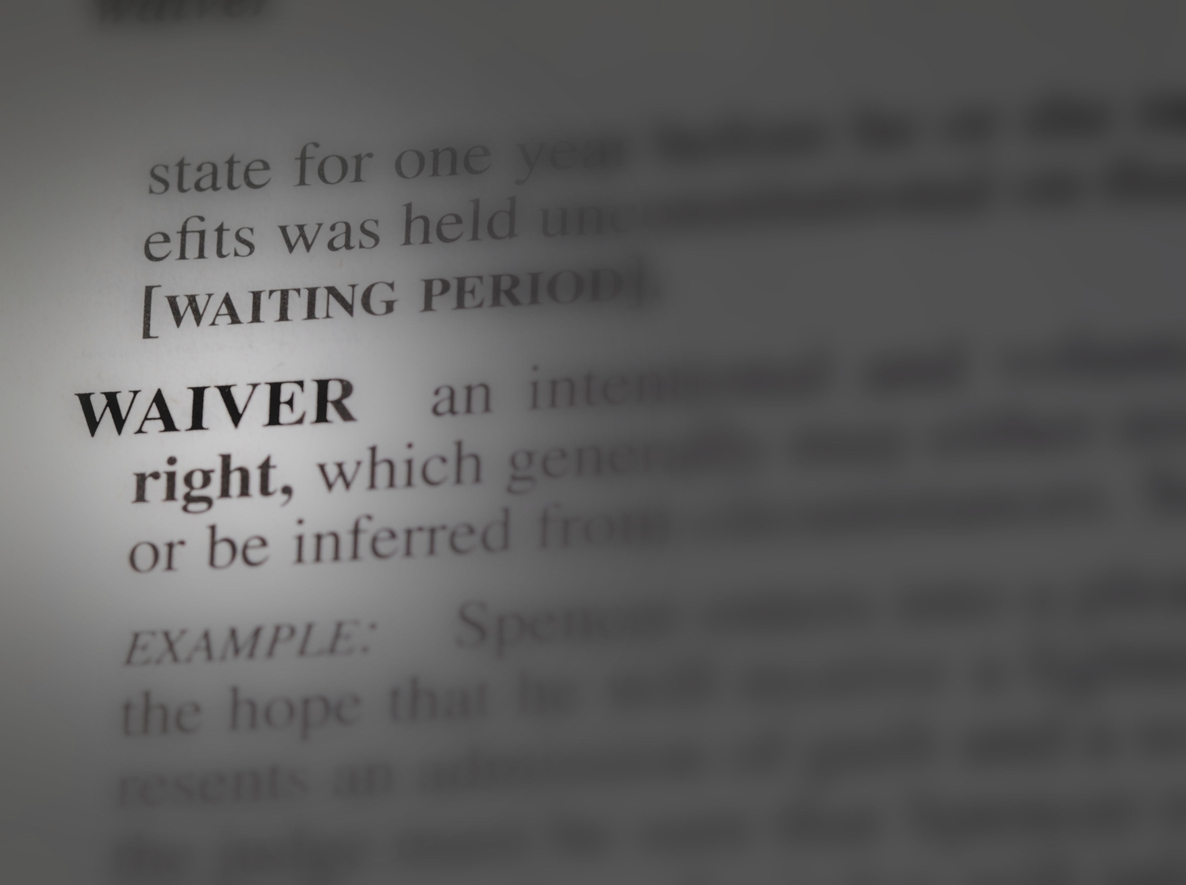Sinjel, L.L.C. v. Ohio Casualty Insurance Company, 1 is a case decided last week involving vacancy clauses often found in property insurance policies, the impact of forfeiture clauses, and how those clauses can be waived. The case stands for the proposition that Mississippi law recognizes the doctrine of waiver regarding forfeiture clauses found in insurance contracts if proven by clear and convincing evidence. However, the timing of the waiver is a key factor under Mississippi law.
The facts of the loss indicate that Sinjel purchased a commercial building in 2019, intending to renovate it. Sinjel obtained an insurance policy from Ohio Casualty that included a coverage limitation for the vacant building unless permits were obtained and renovation work began within 60 days of the policy inception. The building was damaged by fire in November 2020. Sinjel filed a claim in February 2021, admitting no permits had been obtained and no construction had commenced. Ohio Casualty denied the claim in March 2021 based on the vacancy coverage limitation.
The issue of waiver arose because, despite denying the claim, Ohio Casualty continued accepting Sinjel’s premium payments and renewed the policy through September 2021. Accordingly, Sinjel sued Ohio Casualty, arguing it had waived its right to enforce the coverage limitation by continuing to accept premiums after denying the claim. Sinjel argued that the builder’s risk endorsement requiring the commencement of work constituted a “forfeiture provision” subject to waiver. By accepting premiums for months with full knowledge of Sinjel’s non-compliance, Sinjel contended that Ohio waived its right to deny the claim on that basis.
The district court agreed that the endorsement contained forfeiture provisions subject to waiver but held that no waiver had occurred because Ohio collected premiums under a renewal policy rather than the original policy. Sinjel appealed this ruling.
Applying Mississippi law, the Fifth Circuit Court of Appeals affirmed the district court’s judgment. It found that Ohio Casualty unequivocally denied Sinjel’s claim based on the coverage limitation before engaging in the alleged waiver conduct of accepting further premiums. The court held that the timing of these events – Ohio Casualty denying the claim before accepting more premiums – defeated Sinjel’s argument that the insurer voluntarily and intentionally waived its right to enforce the coverage limitation. The key issue was whether Ohio Casualty waived its ability to deny coverage by accepting premiums after Sinjel’s claim had already been denied. The Fifth Circuit determined that the key fact under this specific sequence of events, Ohio Casualty’s actions after the denial, did not constitute a knowing waiver of its right to enforce the policy’s coverage limitation.
While losing, I thought that the policyholder’s brief had excellent legal points that policyholders can use in other cases involving waiver of forfeiture clauses:
In the insurance context, ‘waiver is a voluntary and intentional relinquishment of a known right or conduct that warrants an inference of such a relinquishment.’ …’Waiver is usually a question of fact to be determined by the jury or, in a bench trial, by the court. When the facts are undisputed, however, waiver is a question of law.’… ‘Even ‘slight circumstances’ will support a finding that an insurer has waived a forfeiture clause in an insurance policy, for ‘courts liberally construe in favor of an insured acts or circumstances by the insurer indicating an intention to waive a forfeiture.’ …’Under Mississippi law an insurer may waive its right to forfeit or rescind an insurance policy by continuing the policy in force after learning of facts that would permit it to avoid the policy.’ …
‘The Mississippi Supreme Court has construed conditions precedent as forfeiture provisions.’ Provident Life and Acc. Ins. Co. v. Goel, 274 F.3d 984, 996 (5th Cir. 2001). In Southern United Life Insurance Co. v. Caves, 481 So. 2d 764 (Miss. 1985), a life insurance applicant had a heart condition at the time of application, and the insurance agent knew that. As a condition precedent to coverage, the insured had to be in insurable health. The insured later died of a heart attack, and the insurer denied coverage because the insured did not satisfy a condition precedent to coverage. The Mississippi Supreme Court held that condition precedent was a forfeiture provision, the enforcement of which was waived through the acceptance of premiums with knowledge of the failure to satisfy the condition.
Of course, all of this could have been avoided had the policyholder started the reconstruction or bought a policy without this vacancy limitation.
Thought For The Day
The main question for a just culture is not about matching consequences with outcome. It is this: Did the assessments and actions of the professionals at the time make sense, given their knowledge, their goals, their attentional demands, their organizational context?
—Sidney Dekker
1 Sinjel, L.L.C. v. Ohio Casualty Ins. Co., No. 23-60546 (5th Cir. Aug. 16, 2024).




